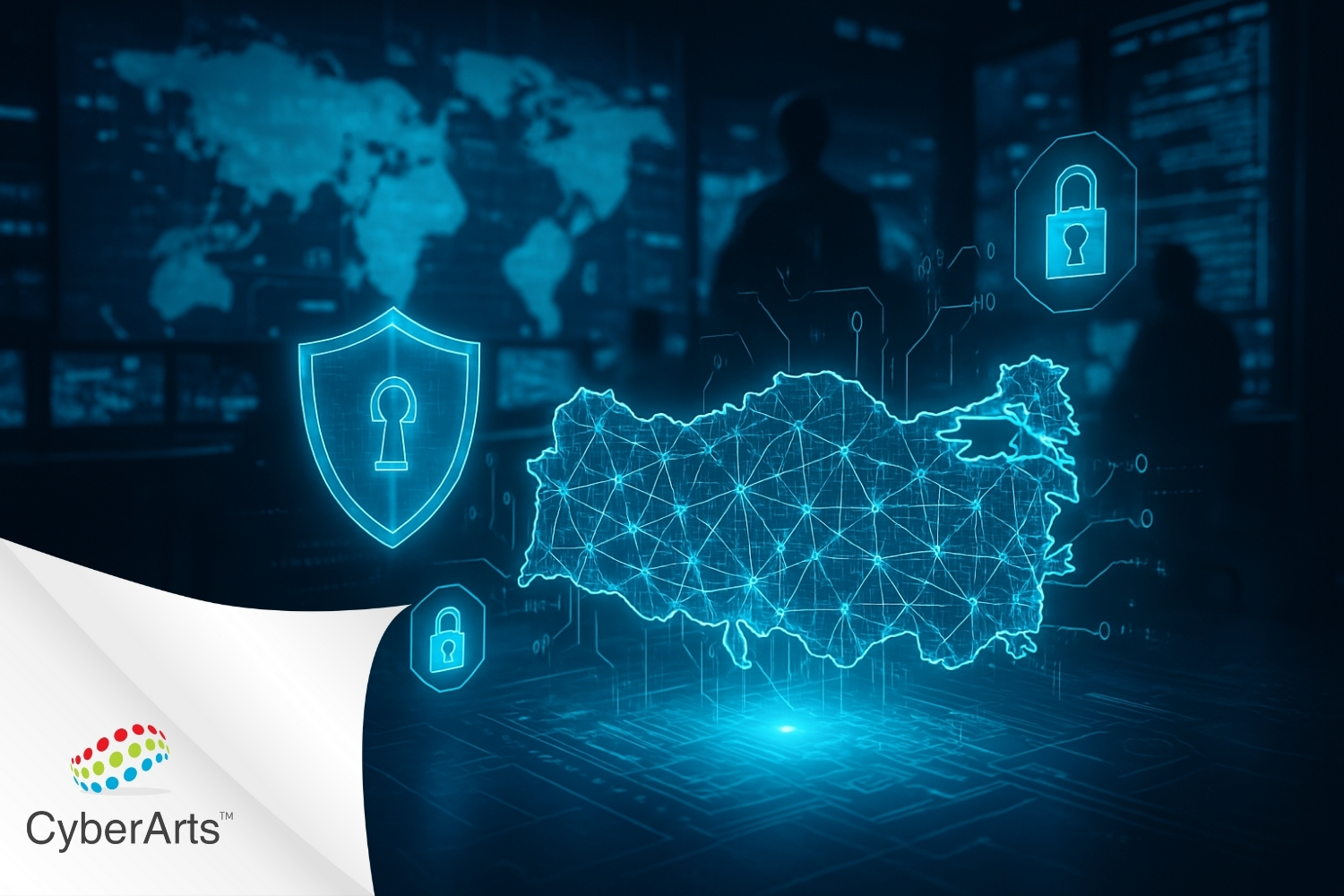Data governance provides the foundation for enterprise-wide data management and ensures effective use of trusted data. Managing data effectively is an important task that requires central control mechanisms. Data governance includes the people, processes and technologies needed to manage and protect a company's data assets to provide generally understandable, accurate, complete, reliable, secure and discoverable corporate data. At its core, data management is about establishing methods, procedures and policies with clear responsibilities and processes for standardizing, integrating, protecting and storing corporate data. Key goals:
- To minimize risks,
- Establishing internal rules for data use,
- meet compliance requirements,
- To improve internal and external communication,
- Increasing the value of data,
- To facilitate the flow of management,
- reduce costs,
- Ensuring the existence of the company through risk management and optimization.
Data governance programs always affect strategic, technical and operational processes and levels in businesses. Data governance programs, in coordination with other data projects in the context of the organization, should be considered as a continuous, sequential and iterative process. In this way, the data will be organized and used effectively.
When determining responsibilities and rights in data governance, the following should be clarified:
- Organization (“where” and “who”)
- job (“what”)
- Technical (“how”)
Data governance requires acceptance/approval through properly functioning communication between all parties and by appropriate employees in the right place. In particular, it is very important for project managers to understand both the technical and operational aspects, jargon, and especially the overall conceptual view of the organization.
Data management is a prerequisite for many tasks or projects and provides distinct advantages to the organization.
- The existence of consistent, distinct data types and processes across the enterprise is a prerequisite for a better and more comprehensive decision support system.
- Central control mechanisms offer the potential to optimize data management cost.
- Efficiency is increased through the use of synergies (for example, making processes and data available for reuse).
- Quality assurance, certificates of standards and regulatory compliance provide greater reliance on data as well as complete documentation of data operations.
- It provides security for internal and external data by monitoring and reviewing privacy policies.
- It increases process efficiency by reducing long coordination processes.
- It provides open and transparent communication through standardization. This is a prerequisite for enterprise-wide data-centric initiatives and processes.
[vc_row][vc_column][vc_cta h2=”” add_button=”bottom” btn_title=”Teklif Talep Edin” btn_style=”flat” btn_shape=”square” btn_color=”danger” css_animation=”fadeInLeft” btn_link=”url:https%3A%2F%2Fcyberartspro.com%2Fteklif-isteme-formu%2F||target:%20_blank|”]Siber Güvenlik, Dijital Dönüşüm, MSSP, Sızma Testi, KVKK, GDPR, ISO 27001, ISO 27701 ve DDO Bilgi ve İletişim Güvenliği Rehberi başlıklarıyla ilgili teklif almak için lütfen tıklayın.[/vc_cta][/vc_column][/vc_row]












